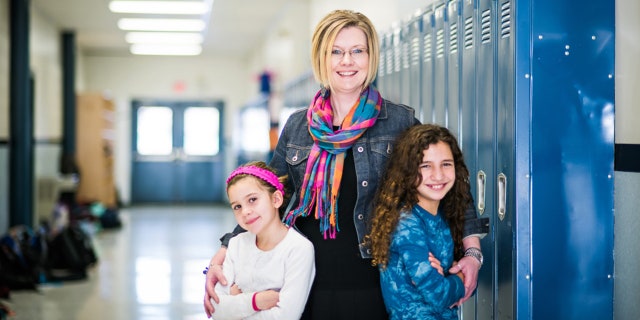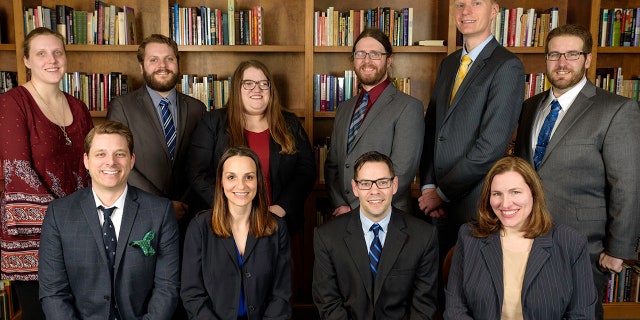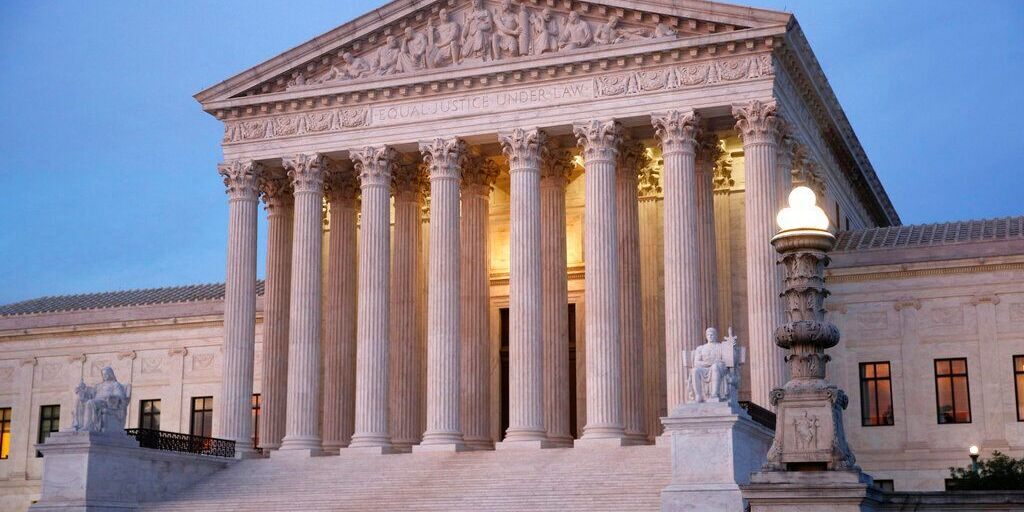By: Tyler Olson – FoxNews.com – July 11, 2019
The Supreme Court will hear a case which could bring major changes in school choice laws.
The Supreme Court is gearing up to decide next term whether states can ban students from using student-aid programs to attend religious institutions – an education dispute that could have major ramifications for the school choice movement.
The justices announced at the end of last month’s session that they will take up the case of Espinoza v. Montana Department of Revenue — which concerns whether states can ban student-aid programs that allow families to choose religious schools for their children. In December 2018, the Montana Supreme Court struck down a tax-credit scholarship program in the state, saying the program violated the state constitution’s “No-Aid clause” barring government money for religious schools because it had allowed students to use the money for that purpose.
“Every parent should have the right to choose where they send their kids to school,” Kendra Espinoza, one of the plaintiffs challenging the Montana decision, told Fox News.

Kendra Espinoza and her daughters. Espinoza is a plaintiff in a school choice case that’s made its way to the Supreme Court. (Institute for Justice)
Others see the case as an assault on the separation of church and state.
“The decision by the court to review the Montana case signals that the majority may be gunning for the strong provisions in most state constitutions that bar public school funds from going to religion or religious schools,” the Freedom from Religion Foundation, a liberal advocacy group, said in a June 28 statement.
Government money going to religious schools doesn’t necessarily violate the First Amendment, but appeals courts are split on whether excluding such schools from programs like Montana’s violates religious freedom.

The legal staff of the Freedom from Religion Foundation, which says it plans to file an amicus curiae brief with the Supreme Court supporting the Montana decision in Espinoza v. Montana Department of Revenue. Patrick Elliott, who spoke with Fox News, sits in the bottom row, second from the right. (FFRF)
The tax-credit scholarship program, passed in May 2015, gave Montanans up to a $150 credit for donating to private scholarship organizations, which helped students pay for their choice of private schools.
It’s similar to many programs across the U.S., and other states have proposed tax-credit scholarship programs but not passed them due to confusion about their legality.
FFRF attorney Patrick Elliott says the Supreme Court should leave decisions on these programs to state courts.
“I think this case involves interference with state rights,” he told Fox News. “States can adopt constitutional protections without federal interference.”
Espinoza said she enrolled her daughters in a private Christian school because she wanted a values-based education that would challenge them academically, but she has trouble paying for tuition and relies on scholarships. She planned to use Montana’s tax-credit scholarship program.
“I’ve been working two and three jobs just to make ends meet,” she said. “There was a question of whether I could afford it.”
But the Montana Department of Revenue said providing tax credits for donations that later help pay tuition at private schools amounts to indirect funding of religious education by the state, in violation of the “No-Aid clause” – also known as a Blaine Amendment. It made a rule preventing Espinoza or other religious school families from receiving the scholarships.
Espinoza and the libertarian Institute for Justice sued the department over that rule in December 2015, but the Montana Supreme Court invalidated the entire program last year. Espinoza’s lawyers say the program was voided simply because it afforded a religious option, and the U.S. Supreme Court should restore what the Montana legislature passed.
“The federal Constitution prohibits that kind of animus toward religion and the fact that animus is codified in the Montana Constitution in the Blaine Amendment only makes things that much worse,” Institute for Justice senior attorney Michael Bindas said.
Blaine Amendments originated in the 1870s when, as Justice Clarence Thomas wrote in a 2000 case, “it was an open secret that ‘sectarian’ was code for ‘Catholic.’” Thirty-seven states have Blaine Amendments today, but Bindas calls them, “vestiges of 19th century anti-Catholic bigotry.”
Espinoza’s lawyers also cite Trinity Lutheran, a Supreme Court case from 2017 that ruled Missouri couldn’t deny a church a grant to resurface its playground simply because it was a church.
But Elliott said Blaine Amendments don’t mention a specific religion and have operated without bias.
To see this article and others by Fox News, click read more.
Source: Supreme Court to hear case that could bring major changes in school choice laws | Fox News
 Listen Online
Listen Online Watch Online
Watch Online Find a Station in Your Area
Find a Station in Your Area









 Listen Now
Listen Now Watch Online
Watch Online
